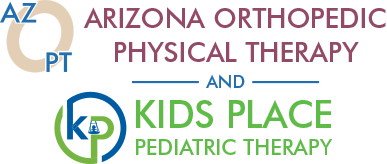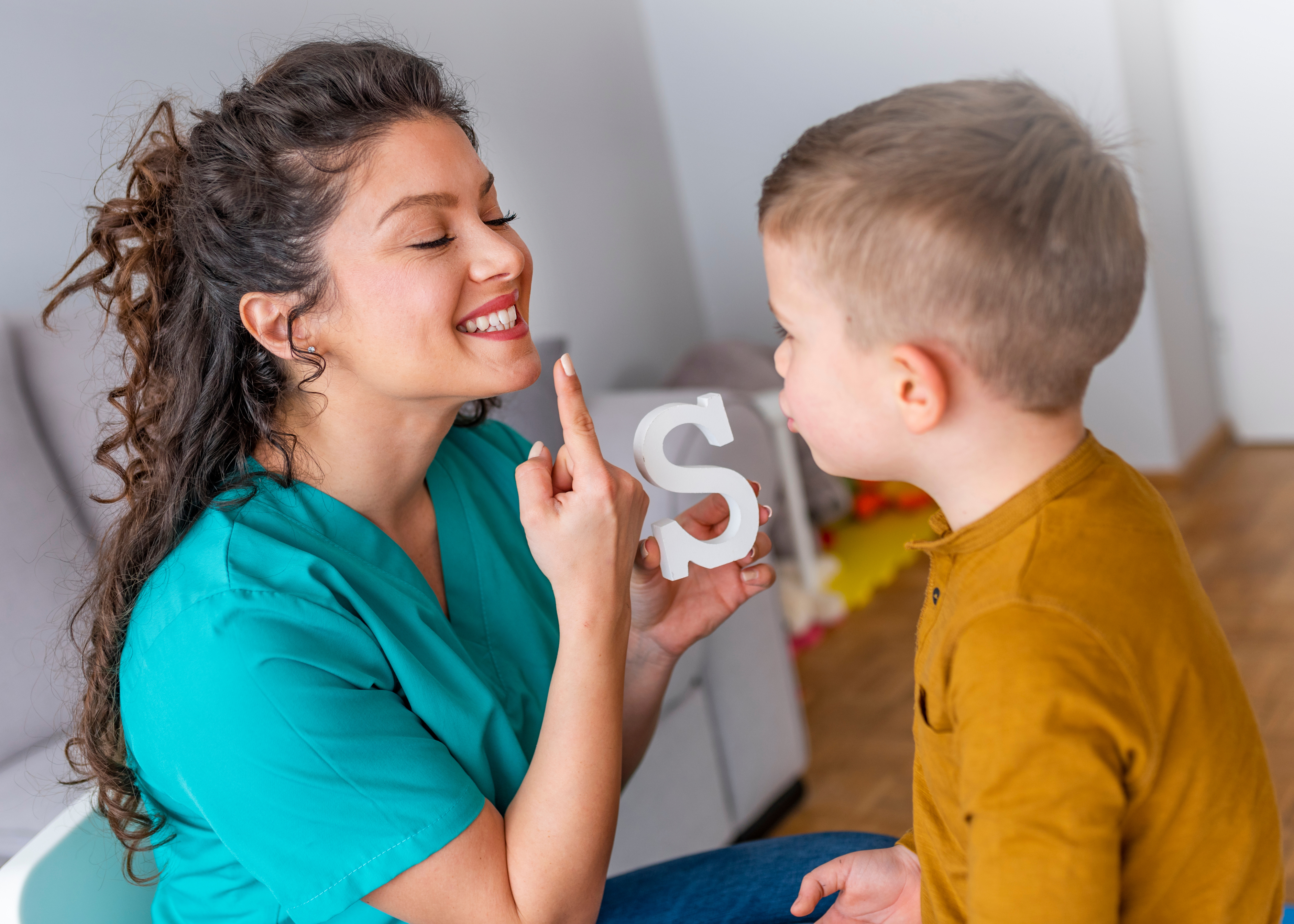Boosting Early Language Skills
This May, we celebrate National Speech-Language-Hearing Month, raising awareness about communication disorders and the role of pediatric speech language pathologists in providing life-altering treatment.
Did you know by the age of two, the average child can say between 200-300 words?
If your little one has not reached this milestone, try these home strategies to boost early language development and encourage your child express themselves more confidently!
Practice Gestures
By 16 months, your child should master around 16 gestures. Gestures are a skill to have before verbal language occurs. They include, waving, pointing, clapping, giving a high five, etc.
Incorporate gestures into activities like reading books and pointing to pictures. Another way is to sing nursery rhymes that include gestures (head, shoulders, knees and toes, wheels on the bus, etc.). Modeling clapping during play to show an exciting situation.
Engage in Self-Talk
Communicate what you are doing while you are engaging in that activity throughout the day. For example, during bath time: “I am turning on the water.” “Now I’m pouring the bubbles.” “Let’s wash your hair.”
Parallel Talk
Similar to self-talk, parallel talk is communicating the activities your child is performing. For instance, “You are eating strawberries.”
Offer Choices
Instead of asking open-ended questions, provide two options to assist with language and decision-making. For example, “Do you want juice or milk?” “Do you want to walk or jump?”
Allow Wait Time
Give your child time to respond after you make a comment or ask a question. You will be surprised what they may imitate, or comment provided wait time.
Simplify Language
Repetition is very beneficial for learning language. Repeat simplified words many times during play to reinforce language. Word like “more”, “go”, “open”, and “help” can be used across various contexts.
Follow Their Lead
Follow the child’s specific interests. Take notes on the toys they enjoy. Imitate what they are saying and doing. Engage in play with them during preferred activities.
Make Comments
Rather than asking “What’s this?” “What does it say?” “What color is it?” You can make descriptive comments about what you see or hear. “I see a cow.” “The cow says moo.” The cow is black and white.”
Add 1 Word
Build on your child’s speech by adding one word to what they’re already saying. For example, if they say “car” you can model “red car”, “fast car”, or “go car.” This can help increase their expressive vocabulary.
Read Books
Reading is an important and beneficial part of language development. Exposures to books from an early age is important. Practice turning the pages and labeling the pictures using simple vocabulary. The first 100 word books are great for labeling vocabulary.
Remember, these strategies can be implemented throughout a typical day, whether during bath time, dinner time or during your nightly routine. These strategies do not require buying new toys to help your child talk. YOU are the most important tool in your child’s language development and modeling is crucial.
Children learn new words through modeling and repetition. Try some of these strategies at home to boost your child’s language development. If you suspect your child is language delayed or needs more intervention, don’t hesitate to reach out to us at AzOPT Kids Place. With four convenient speech therapy clinics located across Arizona, we are ready to help you and your child!







